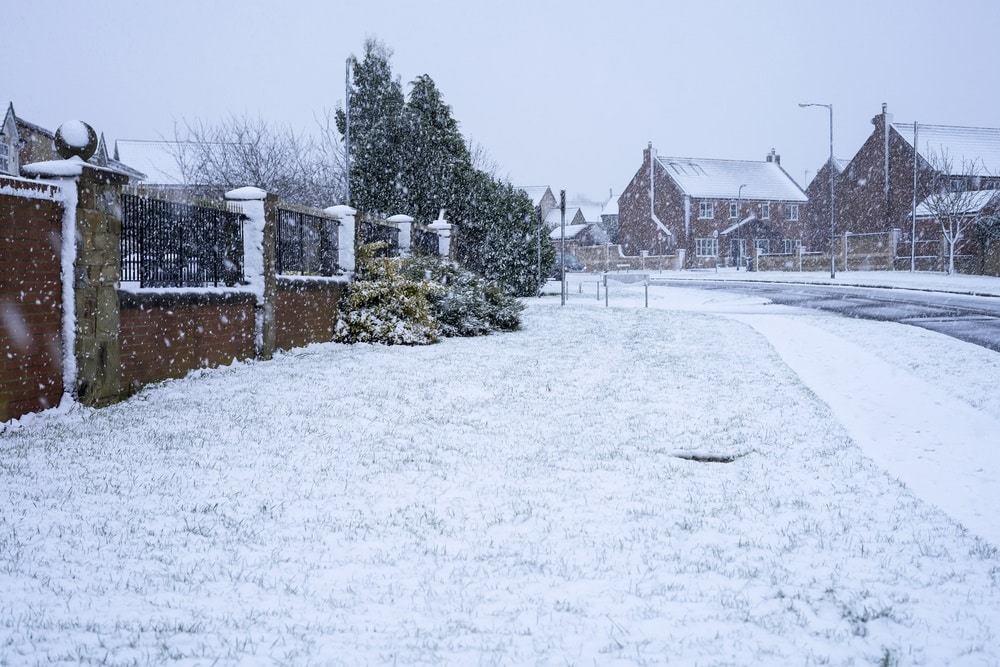With Britain currently in its coldest months right now it is important to remember those most vulnerable. Although not many people like the cold weather, this is more of a worrying time for older people and especially people who suffer from Dementia.
Things that might come to us naturally such as turning up the central heating or putting on a extra layer of clothing don’t always come naturally to someone with Dementia. These are things they may forget how to do or struggle to do themselves, that’s why its is important to take steps to ensure your loved ones with Dementia are safe in the colder months.
Here at Sova Healthcare we know Dementia and with our specialist care services staff working with dementia patients, we know what the most common issues can be so we’ve put together some tips on how to stay prepared in the winter months.
Preparing the house
It is recommended getting heating systems serviced before the harsher and colder months strike. Many boiler and heating system breakdowns happen at the start of winter due to heating not being used throughout the summer, this will ensure the heating and boiler are in proper working order and minimise the risk of a breakdown. It is also advisable to get extra bedding and blankets if not already available for colder nights.
Keeping warm
Clothing
This is something someone with Dementia may need help with, as in instances they can forget how to dress themselves, remember where warmer clothes are kept or not have a sense for putting on more layers for the cold. Try helping them dress where possible, also leaving clothing in places where it is visible such as on the back of the chair or bed can be really helpful. Leaving out extra blankets and throws is also helpful. When heading outdoors it is also important that they have a good insulated coat for the winter as well as some sturdy boots with a good grip to minimise risk of falling.
Central heating
As mentioned above as well as checking that central heating is in proper working order, it is important to check which temperature the heating is at and turn this slightly higher for the winter months. During the winter older people tend to feel more colder than a normal person as their circulation declines, therefore it is important for the heating to keep them warm. It is also worth ensuring that the heating is on a timer to be on at times they are most likely to be at home, you can also get home monitoring systems that will track the temperature in the house and send an alert if it falls below a certain point.
Food and drink
Ensure there is enough food at home so that they don’t have to keep making trips outside, also encourage them to make hot drinks as well as having at least one hot meal a day. This will help keep them warm as well making sure they are eating properly. If they are unable to cook for themselves try and leave some ready meals in the fridge/freezer which they can heat up.
Going outdoors
Winter shoes and coat
With icy roads and cold temperatures outside, although it is advisable for older people to go outside and not stay indoors too long. It is important to ensure they are as safe as possible through having the correct clothing such as shoes with a strong grip and a good winter coat.
Walking aids
Walking aids such as walking stick, walking frames or being accompanied when outdoors can help prevent slips and falls on icy grounds.
Alarms
Providing them with a pendant fall alarm is a good idea throughout the year if they’re prone to falls, but particularly so during winter.
Snow
If there has been heavy snowfall of conditions outside are icy you loved one may need assistance with clearing up driveways or gritting so that they can safely leave the house.
As well as these important factors, it is also important that you make regular contact with the person with dementia. Whether it is through using our dementia care services, where a carer can help and assist with all their needs or with regular calls and visits from yourself. This will help keep them safe and ensure they don’t become too lonely. This way they can also share any problems they are having or if they become ill.

